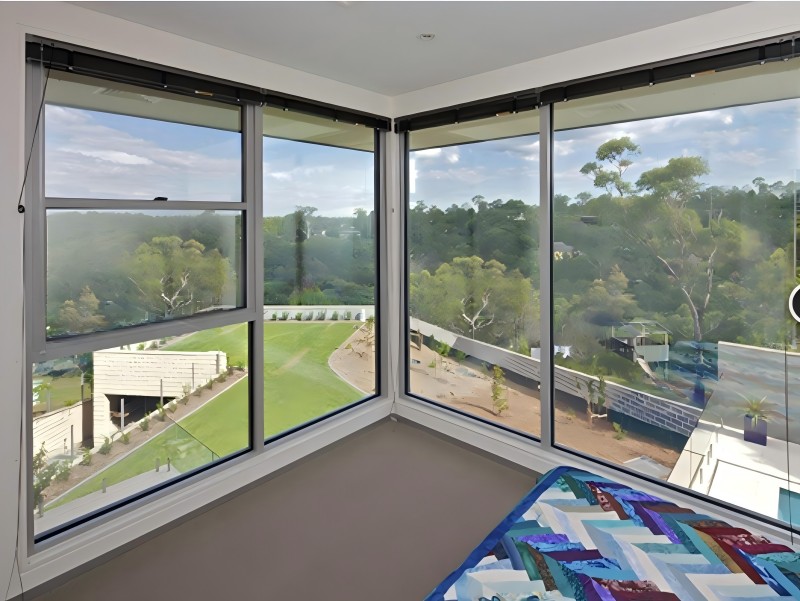
In the world of building design and construction, the choice of window material plays a crucial role in the aesthetics, durability and energy efficiency of a building. Aluminium and UPVC windows are two of the most popular window materials on the market. This article will delve into the pros and cons of these two materials, providing insights for industry professionals and homeowners alike.
Aluminium windows
Pros:
Durability and Strength: Aluminium windows are known for their strength and resistance to corrosion, making them suitable for a variety of climates and weather conditions.
LOW MAINTENANCE: These windows are naturally resistant to rust and corrosion and require minimal maintenance and occasional cleaning to ensure a long service life.
Customisable: Aluminium is highly customisable and is available in a wide range of colors, finishes and designs to complement any architectural style.
Energy efficient: When used in conjunction with thermal bars, aluminium windows can provide excellent thermal insulation, reducing energy consumption for heating and cooling.
Disadvantages
Conductivity: Aluminium is a good conductor of heat, which can lead to increased heat transfer and potential energy loss if not treated properly.
Cost: The initial investment for aluminium windows is usually higher than for UPVC windows, which can hinder budget-sensitive projects.
UPVC Windows
The Benefits
Cost-effective: UPVC windows are more affordable, making them an attractive option for homeowners and builders looking to save money.
Thermal insulation: Being a poor conductor of heat, UPVC has excellent thermal insulation properties that help save energy.
Weatherproofing: UPVC windows are highly resistant to moisture, rot and insects, ensuring durability and low maintenance.
Recyclability: UPVC is fully recyclable, making it an environmentally friendly choice.
Disadvantages
Appearance: UPVC windows may not have the same high-class appearance as aluminium windows, and there are fewer options for colors and finishes.
Strength: While UPVC is strong and durable, it may not be as structurally strong as aluminium, which can be a problem in areas prone to high winds or storms.
Conclusion.
Choosing between aluminium and UPVC windows ultimately depends on the specific needs and preferences of the project. Aluminum windows are strong, durable and customizable, making them the preferred choice for high-end residential and commercial buildings. On the other hand, UPVC windows offer a cost-effective and environmentally friendly solution with excellent thermal insulation for a variety of applications where budget and energy efficiency are priorities.
In conclusion, both materials have their own unique advantages and disadvantages and the decision should be made with a thorough assessment of the project's requirements, including budget, design, climatic factors and long-term maintenance expectations.
Post time: Sep-19-2024
